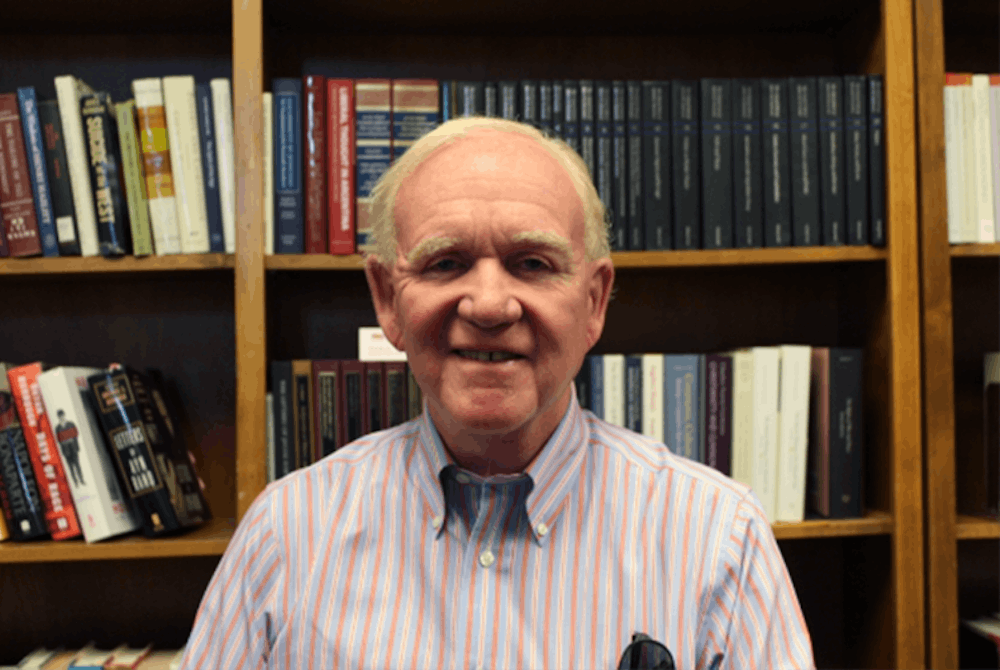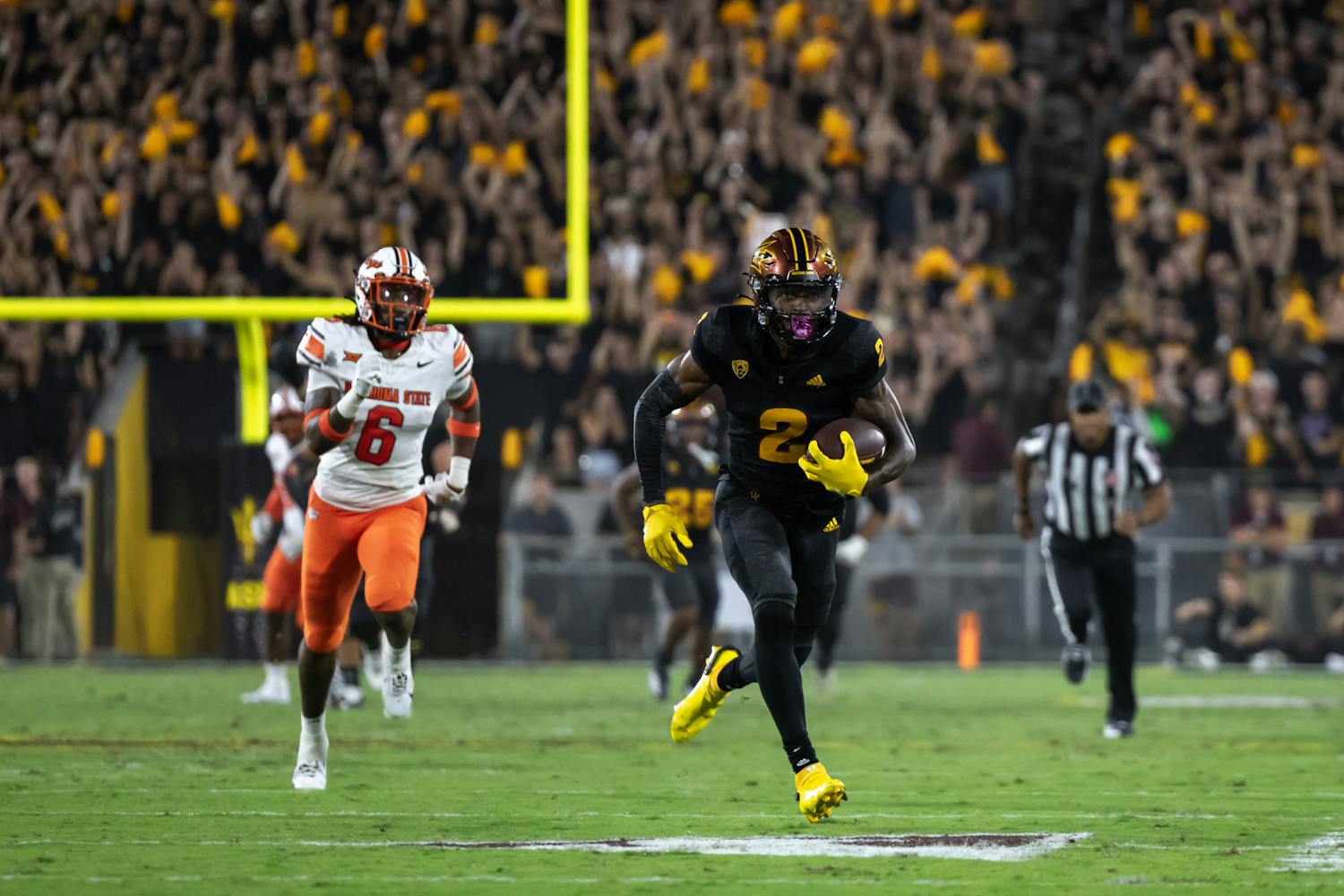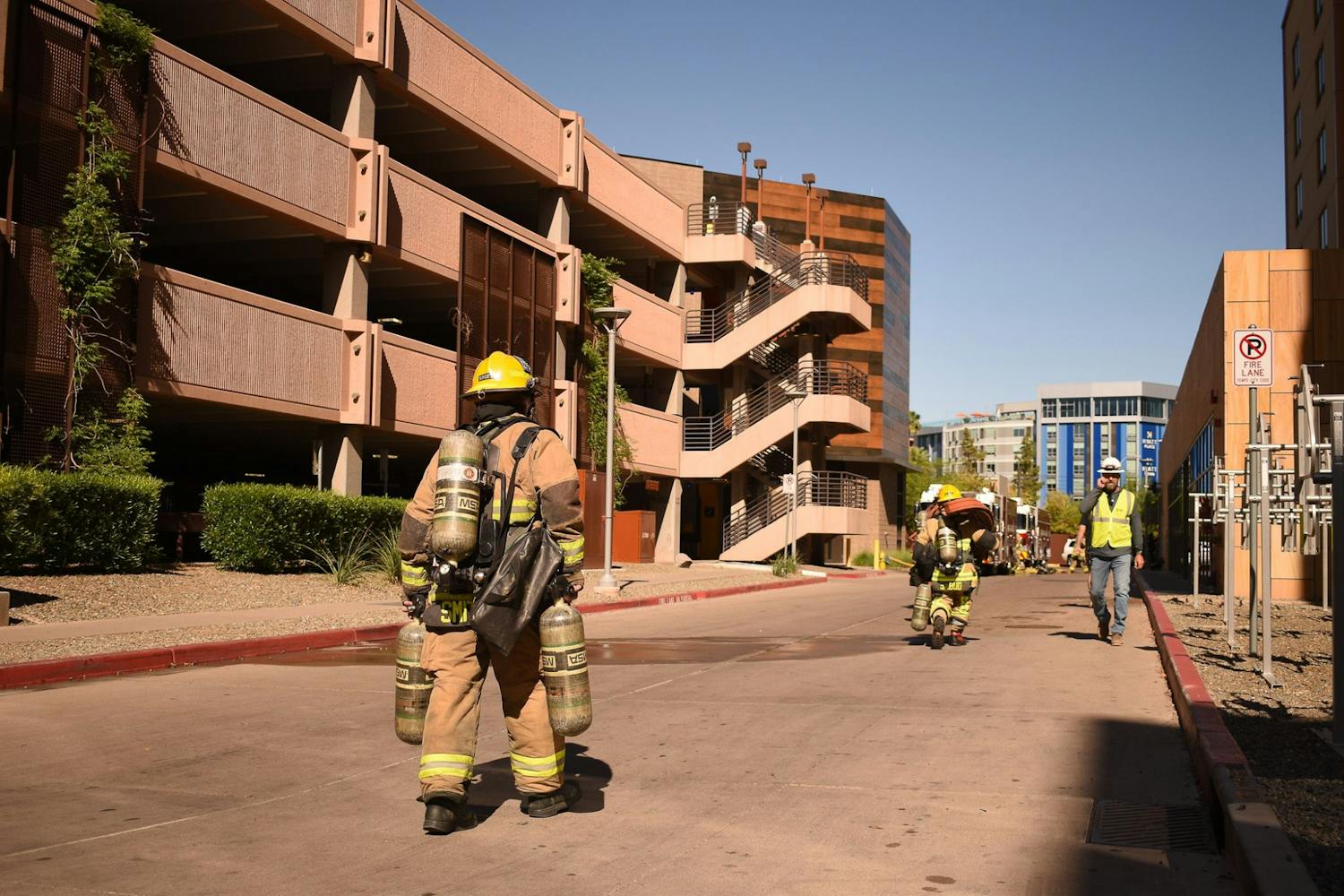The ASU Center for Political Thought and Leadership hopes to influence debate and bipartisanship, amidst times of polarized politics.
The center, created in 2014, offers a certificate program and hosts events throughout the year. The creation of the center was inspired by the School of Historical, Philosophical and Religious Studies certificate for Political Thought and Leadership.
And it has come under scrutiny for its accused conservative bent.
Director Donald Critchlow, professor in the School of Historical, Philosophical and Religious studies, is a well-known conservative professor who has authored or edited over 21 books and is the adviser for the ASU College Republicans.
In 2014, the center received a five-year, $1.129 million grant from the Charles Koch Foundation, a nonprofit focused on funding higher education initiatives. Charles Koch is co-owner of Koch Industries and a prominent libertarian.
Critchlow said he rebuts the characterization of the center as propaganda for the right and that the Koch Foundation's contribution was not in support of a conservative agenda.
“They don’t dictate what we do in terms of hires or the program in any way, but they’re very committed to free speech on campus,” Critchlow said.
Critchlow also pointed to the money the center has raised outside of the $1.129 million grant from the Charles Koch foundation.
“We’re working very very hard to broaden our financial support so we’re not just reliant on the Charles Koch foundation,” Critchlow said. “Since we’ve been up and running, for about two and a half years, we’ve raised – outside of Charles Koch money — $1.4 million.”
The center says its primary goal is to “encourage discussion, dialogue and debate among students” and focuses that discussion on the foundations of democracy.
“We want dialogue. In that dialogue we want diversity of views,” Critchlow said. “I would say that (the center)’s creating room for conservatives and libertarians, who have very divergent views, to be involved in the dialogue and the debate.”
To participate in the certificate program, students are required to take two classes — "Foundations of Democracy" and a senior seminar titled “Political Thought and Leadership" — and other related courses.
Critchlow and the center's manager, Roxane Barwick, said the certificate program is facing a potential name change on April 19. The name change would be an effort to differentiate themselves from ASU's newly launched School of Civic and Economic Thought and Leadership, he said.
“We’re proposing to change our name to something that’s going to include leadership and political history,” Critchlow said.
He said a lot of criticism was levelled at the center for a 2014 job posting that requested a professor who had a research focus in "the relations between free-market institutions and political liberty in modern history."
This prompted a blogpost from Erik Loomis, a professor of history at the University of Rhode Island. The post was titled “Go Teach Pro-Capitalist Propaganda History at Arizona State University.”
Jonathan Barth, co-director of the center and an assistant professor at the University, filled that position. Barth said in an email that his involvement with the center is because of his love for “the free exchange of ideas.”
“We have students who belong to the College Republicans; we have students who belong to the ASU Young Democrats,” Barth said. “The goal of the center is to serve as an intellectual space where students of all viewpoints can congregate together to discuss and debate their various viewpoints.”
Barth said the accused bent of the center is “overstated” and said that it benefits progressive students with an opportunity to sharpen their tools in debate and dialogue.
“Unlike like some other spaces on campus, the progressive students ... must engage with ideas that are not necessarily their own,” Barth said. “They learn to answer criticism from students who disagree.”
ASU Center for Political Thought and Leadership Launch from Arizona State University on Vimeo.
Johnny Coronel, a history and political science senior who participated in the center’s certificate program, said in an email that the Center serves as a chance for all students to engage in diverse political discussion.
“We are by no means an echo chamber, everyone has a chance to voice their opinions,” Coronel said.
Coronel said the center has hosted a number of conservative speakers like Hugh Hewitt and Rich Lowry, but defended each speaker saying that the center is protecting ideological diversity on campus.
“Why should (the speakers) be controversial?” Coronel said. “All of those speakers are well known across the country and respected thinkers in their fields.”
Reach the reporter at maatenci@asu.edu or follow @mitchellatencio on Twitter.
Like The State Press on Facebook and follow @statepress on Twitter.




